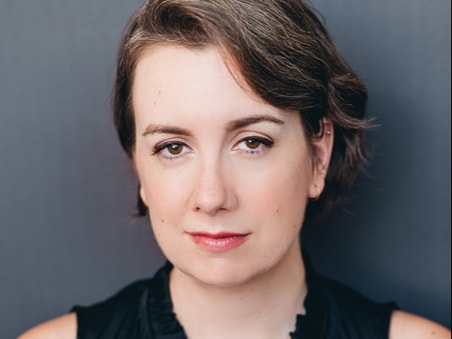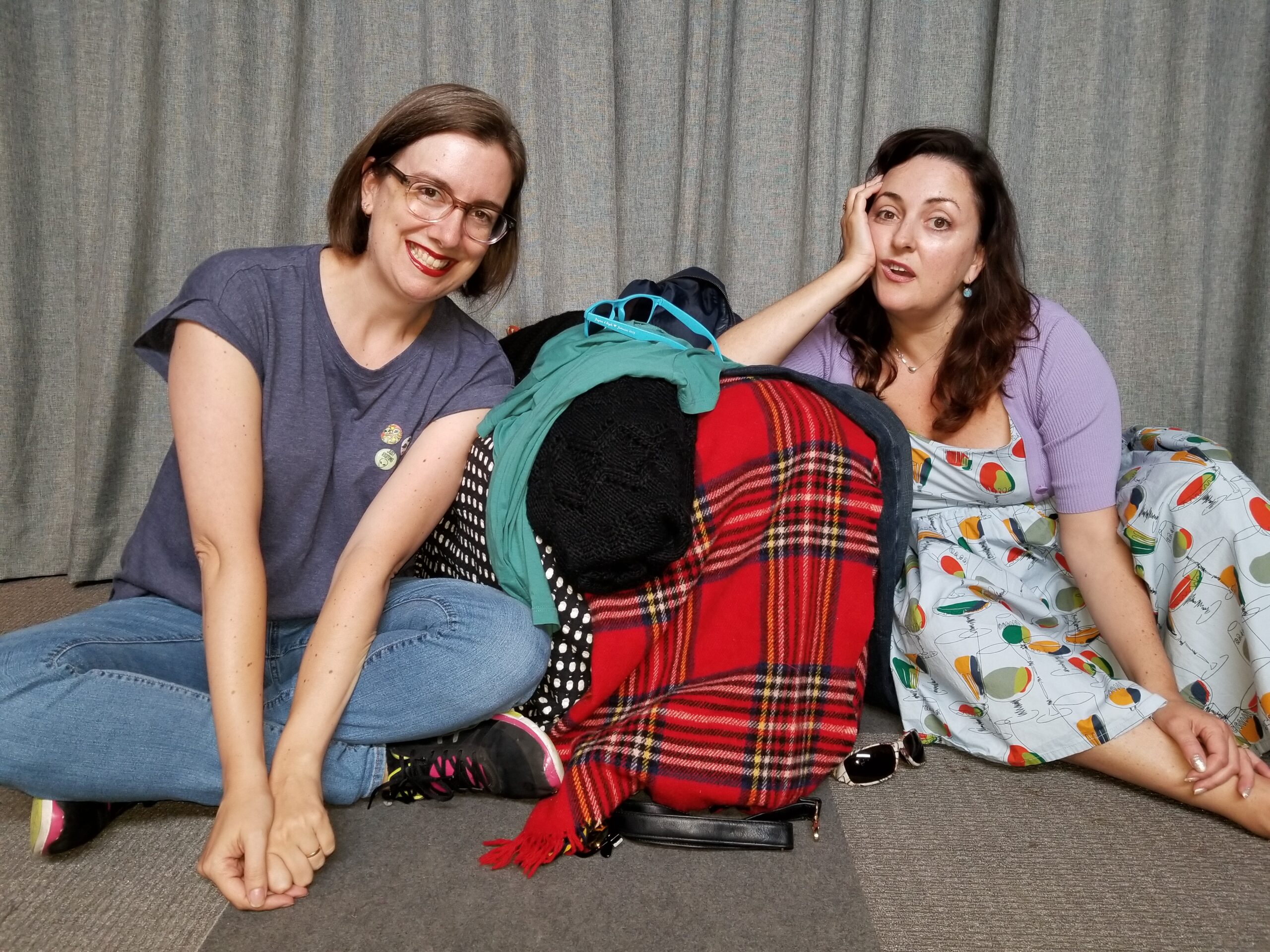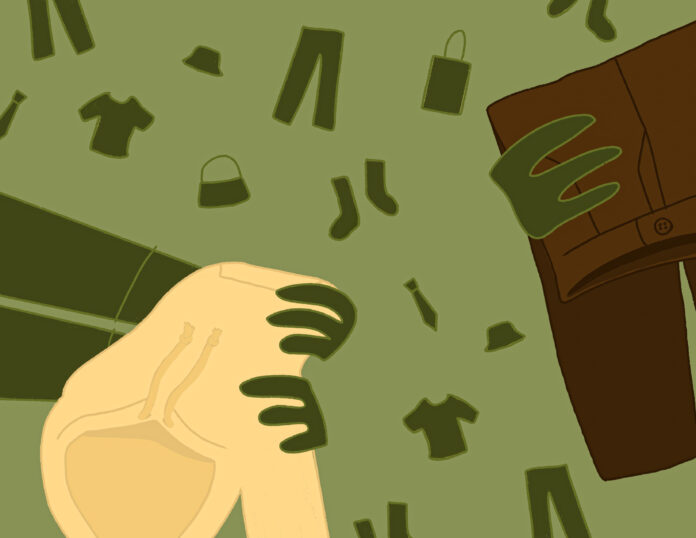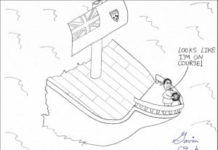Like people, clothes age, and along with it, our love for them. But what comes with time is a need for something new, and old clothing could benefit from this too — that’s where clothing swaps come in. A party of sorts, clothing swaps are where people come together to trade and barter their clothes with one another. But beyond the clothing itself lives a story.
“Clothing swaps are not really about the clothes. It ends up being about people’s relationships, talking about your life kind-of catching up,” Dale Boyer, a UW alumnus ,Director, and Co-writer of the play Clotheswap, said. Clotheswap is a play devoted to telling the stories clothing swaps create.

The show examines female narratives presented through clothing – from the “made do and mend” rhetoric of the 1940s to today’s “fast fashion” culture. Clotheswap is an inclusive, interactive, and body-positive theatre experience. Clotheswap also includes an actual clothing swap event and gives viewers free access to the Textile Museum Of Canada in Toronto.
Though both Boyer and Clotheswap have enjoyed recent success, including securing the Canada Council’s Digital Originals Micro Innovation Grant, it was Boyer’s experience as a small artist 15 years ago that inspired the show.
“I started doing these clothing swaps mostly out of necessity because I was like, a broke artist with no money. And so it was kind of a good opportunity to have people come over, have a night in, you know, drink some wine, and swap clothes with my friends. And we started doing it for years. And then a couple of years ago, it kind of struck me as like, you know, this might make a good show,” Boyer said.
She pitched the idea to co-writer and friend Amanda Barker and brought together an ensemble of talented artists: Dora-nominated actor Julia Beaulieu, Canadian Comedy Award-winning comedians Cassie Cao, Ashley Comeau, and Karen Parker, actor and voice performer Tarah Consoli, award-winning actor Melissa D’Agostino, and Set and Costume Designer Vanessa Wishart.

The play is 90 percent scripted with the rest improvised, drawing inspiration from the clothes that audience members bring to the play, which are used as props. Boyer said the clothes help create a unique interaction between the audience and the actors using them.
“You could usually tell what area [the clothing the actors used] came from in the theatre and see people laughing, saying ‘that’s mine’ and then the actors in the show they would put the clothing on. So sometimes, one of the characters who are dressed [that way] for like 45 minutes of the play, which is an odd experience,” Boyer said.
Clotheswap was all set for a Canada-wide tour beginning this summer, but challenges posed by COVID-19 meant the show, as the producers saw it, had to take a backseat.
“There’s no way we’d be asking people to bring clothing. There’s no way we’d be putting them on our actors and asking them to put on strangers’ things; obviously, you can’t put people in the theatre at the moment. A lot of the places we were hoping to put this on are considered red zone locations at this point. So, it became pretty clear that we weren’t going to be able to do the production as we saw it,” Boyer said.
Boyer and Barker were wrapped up in the challenge of making sure their cast got paid while continuing the show in some format. Their solution, transforming the show into a free reading and talk-back discussing people’s relationship with clothing, something Boyer notes has dramatically changed for many in the wake of COVID-19.
“A year ago we were talking about bad fashion and [how] we shouldn’t be buying all this disposable clothing, what if we shared it recycled and upcycled it and made these choices with it. And now we’re sitting in a situation where a lot of people, I know myself, for example, I’ve bought so little. And my relationship with clothing has changed in the last nine months. So, my opinions changed on it. And for us, we want to be able to continue that dialogue with the audience, allowing them to bring their thoughts and concerns up,” Boyer said.
The live reading took place on Nov. 27, online at 8 p.m. and was followed by a relaxed talkback session titled Swapping in the Age of Covid.
































